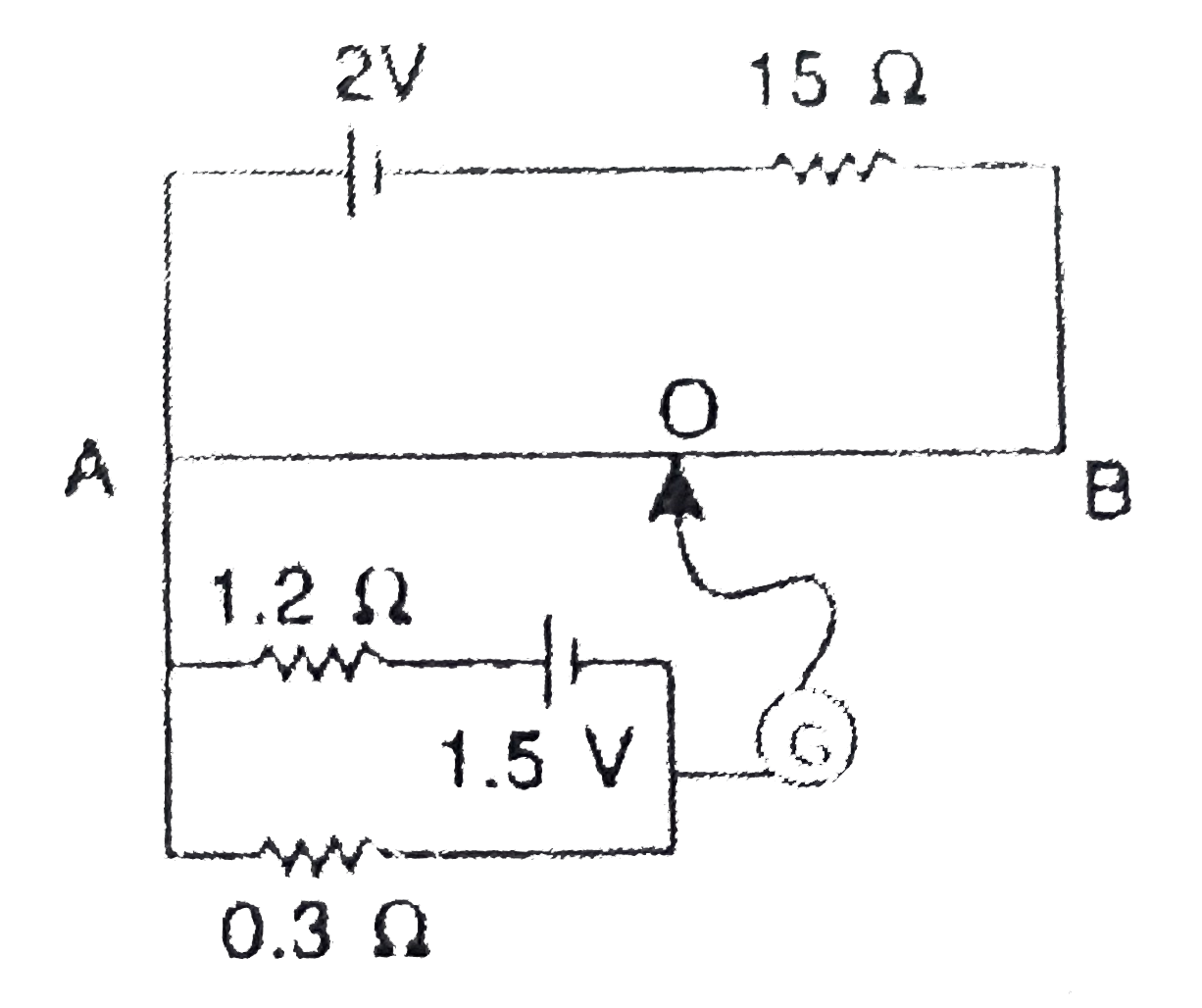State the principle of working of hydraulic press.
Step by step video & image solution for State the principle of working of hydraulic press. by Physics experts to help you in doubts & scoring excellent marks in Class 11 exams.
Topper's Solved these Questions
- BOOK - SL ARORACHAPTER - Mechanical Properties of fluidsEXERCISE - Exercise459videos
Mechanical Properties of fluids
- BOOK - SL ARORACHAPTER - Mathematical toolsEXERCISE - Exercise20videos
Mathematical tools
- BOOK - SL ARORACHAPTER - Mechanical Properties of SolidsEXERCISE - Example113videos
Mechanical Properties of Solids
Similar Questions
Knowledge Check
- Question 1 - Select One
The principle of operation of a hydraulic lift is
ABoyle's lawBPascal's lawCNewton's law of gravitationDDalton's law of partial pressure
(i) State the principle of working of a potentiometer.
(ii) In the following potentiometer circuit AB is a uniform wire of length 1 m and resistance 10Ω
Calculate the potential gradient along the wire and balance length AO (=l)
 View Solution
View SolutionState the principle of working of a cyclotron. Describe the construction with a neat labelled diagram.
View SolutionState the principle of working of ocean thermal conversion plant. Explain how the plant works ? Write one essential condition for it to operate properly.
View SolutionState the principle of working of a cyclotron. Write two used of this machine.
View SolutionWhat is the principle of working of a rocket ?
View SolutionState the principle on which the working of an electric motor is based.
View SolutionState the principle on which the working of an electric generator is based.
View Solution

